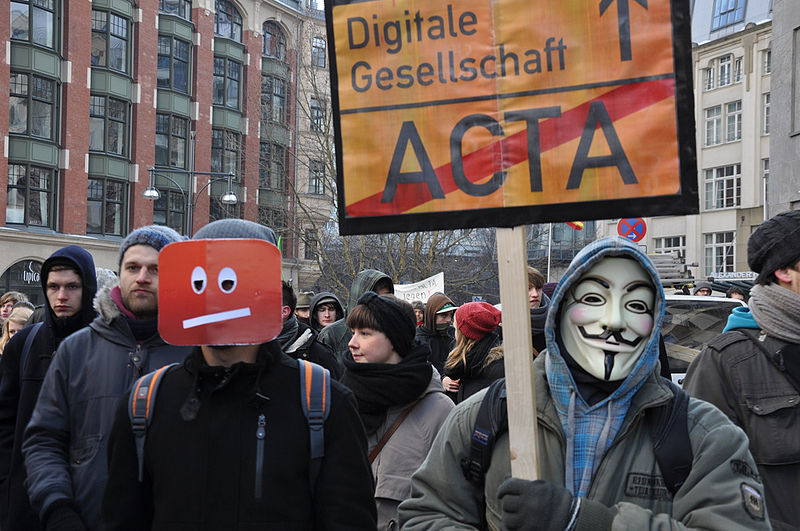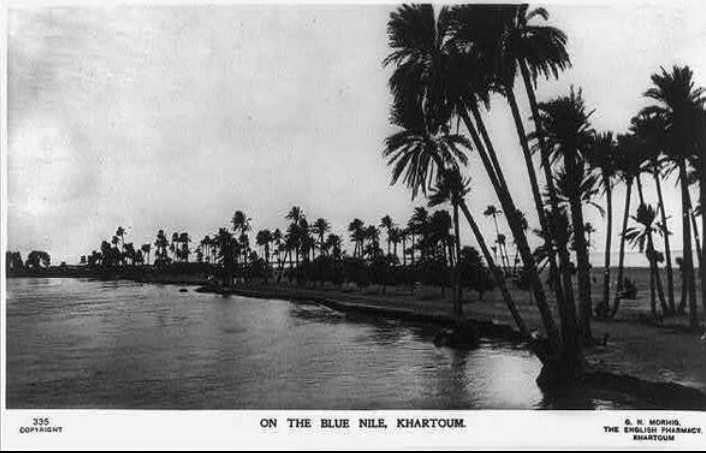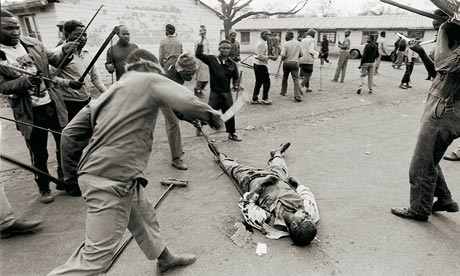 [box] “23,000 persons per day leave their homes and seek protection elsewhere – more than the total number of asylum seekers arriving in Australia in a year[/box]
[box] “23,000 persons per day leave their homes and seek protection elsewhere – more than the total number of asylum seekers arriving in Australia in a year[/box]
Since the Kevin Rudd announced the new ALP policy on refugees and asylum seekers last Friday afternoon, I have been at a mental and moral loss. Still trying to get my head around it, I thought I would put together a few of the interesting articles and pieces written about this so we can try gather enough information to have a reasoned debate. Here are a few of those pieces...
***
A fine piece examining the detail behind the policy and what it means.
Morally, though? There are real questions that need to be answered, not least of which is: at what point did we decide we would no longer even consider processing boat-borne refugees – any refugees – on our own land?
That’s what is important here. Not hysteria, not deliberately misleading headlines, not hodge-podge rallies responding with the speed of a knee-jerk to a few bullet points.
Asking the right questions. Calmly, implacably, and constantly.
A really well written piece by a professor of international law:
The average Australian enjoys extraordinary fortune by world standards, but privilege has bred concern for ourselves not others. In the internet age, it would take little effort for Australians to educate themselves about the real state of the world's refugees. Not enough could be bothered to do so, yet still feel entitled to express an opinion on the subject.
Great visual via the Antibogan:
The Conversation is one of my favourite places for good information on politics and policy in Australia. On this topic they are no exception. Here is an explainer on our international obligations, whether or not turning back boats is legal, experts' response on the announcement and an explainer on the fact that the policy probably doesn't comply with international law.
[box] There is some irony in Australia unloading its problem onto its developing neighbour while at the same time seeking to show international leadership on the broad issue.[/box]
Michelle Gratton talks about how this policy is largely to shift the problem into someone else's backyard.
In his [Rudd] news conference on the night of the 2010 coup against him he warned against a lurch to the right on asylum policy.
Now he has taken his own huge step to the right.
He says one has to respond to changing circumstances.
On each occasion he has managed to sound sincere and convincing as he articulated his position. That is his political skill.
A perspective from The Guardian on the situation in PNG.
A strange article on the ABC implying the 'policy is working'.
Muhammad Asif, who spoke to the ABC via a translator, asked the Government to take pity on asylum seekers and said Australia should fund the United Nations High Commissioner for Refugees (UNHCR) to help process their claims.
"He said 'after I saw this, I will never go by boat. I'm decided to go join UNHCR'," the translator said.
"Before he see this he says he wanted to go by boat with most of his friends. They wanted to go by boat.
"One thing he requests ... from Australia, [is] to push the UNHCR. Please let it be faster.
A great PDF fact sheet on Australia's refugee burden versus the world.
Julian Burnside's opinion piece (worth reading!!)
A satirical piece that hits a lot of spots.
Rest easy, Australia. Our borders are now safe from illegals. They always were, of course, as seeking asylum has always been legal. As Julian Burnside pointed out yesterday, “Under the Universal Declaration of Human Rights every person has the right to seek asylum in any territory they can reach.” But now we are safe from legal illegals. And besides, we have no obligation to accept refugees and allow them to live here. Well, yes, OK, technically as a signatory to the Refugee Convention we do have that obligation, legally and morally, especially given our involvement in international conflicts that is partially responsible for people fleeing their country...
Have you read any good pieces or perspectives on this topic since the announcement?
**New updates on the 23rd of July**
White Nationalists welcome Rudd's Policy: Satire by Aamer Rahman
Further analysis by The Conversation on what a truly regional solution would look like.





















